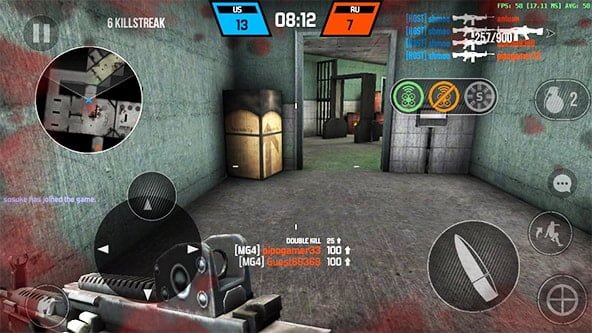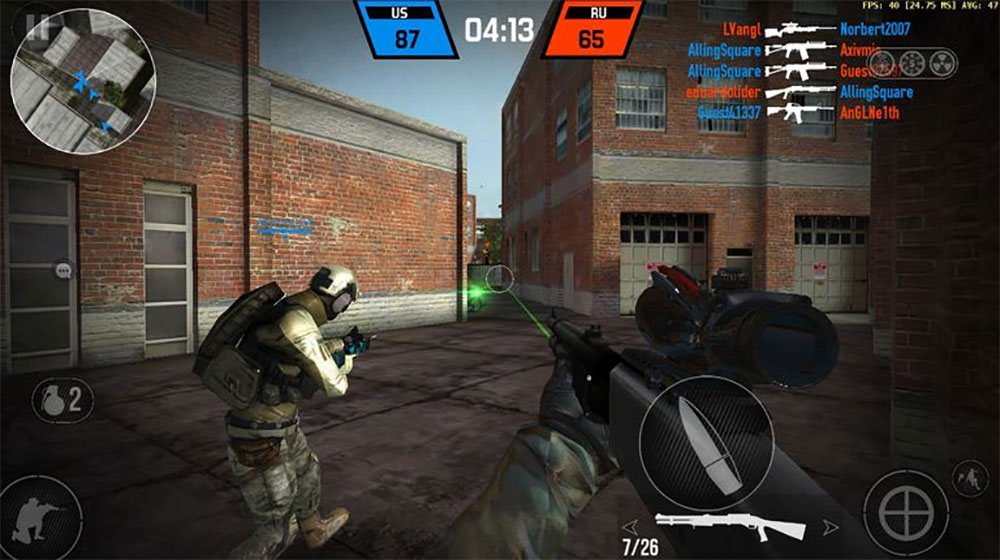

#Error loading bullet force multiplayer code
Match window code is very similar to the authentication window, as well as all other windows in Fish Game:

The matches are kept in memory and can be persisted as needed. A match exists on the server until its last participant has left.Īny data sent through a match is immediately routed to all other participants. Users can create, join, and leave matches with messages sent from clients.

The real-time multiplayer engine makes it easy for users to set up and join matches where they can rapidly exchange data with opponents.Īny user can participate in matches with other users. Use macroquad :: prelude :: * use macroquad_tiled as tiled # async fn main () By the end of this section, we will have created a simple but fully functional platformer.
#Error loading bullet force multiplayer how to
This part of the tutorial will explain how to create a single-player platformer game in Rust, starting with setting up macroquad. Afterward, it will focus on Nakama integration. This tutorial will briefly cover how to create a game with Macroquad. We’ll touch on the following Nakama features: In this tutorial, we’re going to walk through each part of the code that interacts with Nakama to cover all the principles and APIs that you need to know to create your own online multiplayer game with Macroquad and Nakama. The game is playable online on itch.io and the Windows/Linux/Mac native version may be built from the source. The game was created as a demonstration of Nakama, an open-source scalable game server.Īs you can see, Fish Game is a frenetic platformer arena starring murderous fish - the last fish standing wins! The game design is heavily inspired by the excellent Duck Game. This is a guest blog post written by Fedor Logachev who worked on the Fish Game tutorial.įish Game is a 2-4 player online game built in the Macroquad game engine and the Rust programming language.


 0 kommentar(er)
0 kommentar(er)
